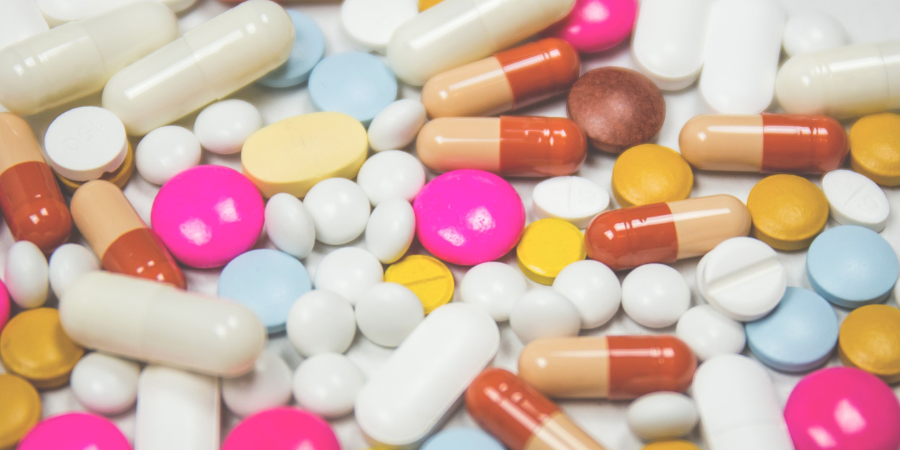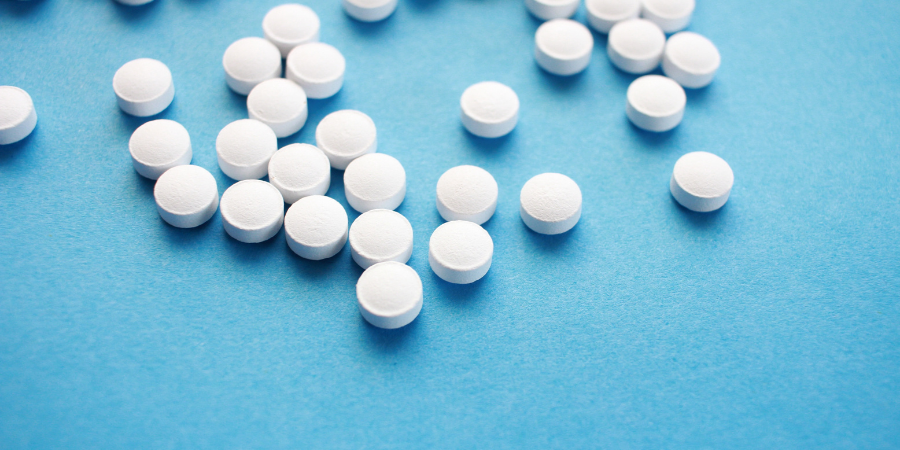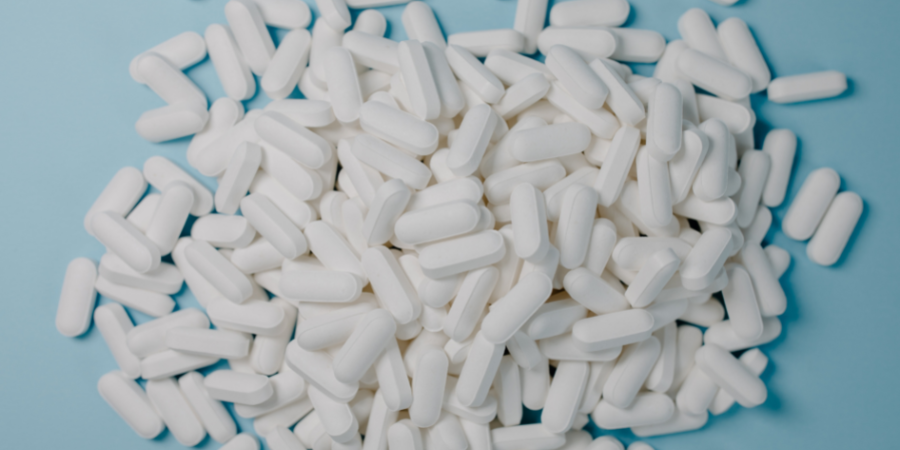
Written by:

Medically Reviewed by:
Last Updated:
August 7th, 2025
Amphetamine Addiction | Symptoms and Effects
If you are struggling with an addiction to amphetamine, the toughest step towards a drug-free life is often just acknowledging that you need help. Amphetamine addiction can isolate you from friends and family and make you feel like there is no one to turn to. However, this could not be further from the truth. At Primrose Lodge, we have helped many people overcome their addiction with a tailored amphetamine rehab programme and start a whole new life.
On this page, we will explain how amphetamine addiction develops, the negative effects it can have on your life and the signs of amphetamine addiction to look out for in yourself and others. We will also dispel some of the common myths about amphetamines and how to get the help you need.
What are amphetamines?
Amphetamines are a type of drug that stimulates the central nervous system. There are various types of amphetamines available on prescription, including Dexedrine, Adderall and Vyvanse. These drugs are used to treat conditions such as attention deficit hyperactivity disorder (ADHD), narcolepsy and obesity.
They work by increasing levels of the neurotransmitters dopamine and noradrenaline in the brain, which leads to improved concentration and alertness.
However, amphetamines are also abused for their stimulant effects. When taken recreationally, they can produce feelings of euphoria, increased alertness and energy levels. While these effects can be pleasurable, it is important to understand that amphetamines can cause serious damage to both your physical and mental health.
Amphetamines can be taken in a variety of ways, depending on the form they come in. Prescription amphetamines typically come in pill form, but when recreational use may also involve snorting or injecting the powdered form of the drug. Crystal meth, a highly addictive form of amphetamine, is usually smoked.
Are amphetamines addictive?
Yes. Amphetamines are highly addictive drugs. When taken regularly, amphetamines can cause both physical addiction and psychological addiction. This means that your mind and body are unable to function without the drug, and so you will experience cravings and withdrawal symptoms if you try to stop taking them.
Dependence begins when you start to develop a tolerance to amphetamines. This means that you need to take larger doses of the drug to get the same effects. As your tolerance increases, so does your risk of developing an addiction.
How does amphetamine addiction develop?
Addiction is a multi-faceted condition with different people having different underlying causes. As a result, there are various routes to amphetamine addiction, and we have treated many people who have become addicted to this drug in different ways.
One of the most common routes to addiction is through self-medication. You may start taking amphetamines to cope with difficult emotions or situations such as anxiety, stress, depression or low self-esteem. This can quickly lead to abuse and addiction as tolerance develops and higher doses are required to achieve the desired effect.
Another common route to addiction is through initial recreational use. This may start out as taking amphetamines to experience their pleasurable effects. However, as tolerance develops, you may start to take larger doses of the drug or use it more often. This can lead to addiction as your life starts to revolve around using amphetamines.
There are also many people who become addicted to amphetamines after originally being prescribed them for a specific condition. With powerful drugs like amphetamines, it can be a slippery slope from therapeutic use to abuse and addiction. If you have been prescribed amphetamines, it is important to be aware of this risk and to monitor your use of the drug closely.
If you are worried about amphetamine addiction in yourself or a loved one and looking for amphetamine detox and rehab programme, get in touch with Primrose Lodge today to find out how we can help.
The consequences of amphetamine addiction
Amphetamine addiction can have a hugely negative impact on both your physical and mental health.
The short-term physical effects of amphetamines include increased heart rate and blood pressure, insomnia, loss of appetite and weight loss. Amphetamine addiction’s long-term effects can include heart damage, stroke and psychosis.
Amphetamines also have a significant impact on your mental health. Regular use can cause anxiety, paranoia and psychotic symptoms such as hallucinations and delusions. Amphetamines can also exacerbate underlying mental health conditions such as schizophrenia.
Addiction can also have a profound effect on your personal relationships, job and education. As your life starts to revolve around using amphetamines, you may start to neglect your friends and family. Your performance at work or school may suffer as a result of your amphetamine abuse.
UK amphetamine addiction statistics
Amphetamine first became popular among young people as a party drug in the 1990s. The drug was abused for its ability to keep people energised and in good spirits at all-night parties and dance events.
Since then, amphetamine use and addiction have risen steadily, with government figures stating that around 109,000 people had used amphetamines in the year ending March 2020. Going by the figures, amphetamines were the fourth most abused illegal drug in England and Wales.
At Primrose Lodge, the number of people who come to us with amphetamine addiction has also grown over this term. This is why it is important to stay vigilant and to try and tackle the problem of UK amphetamine use on every front.
Am I addicted to amphetamines?
It can be hard to see the negative impact that addiction is having on your life when you are in the grips of it. This is because addiction to drugs is a cunning and deceptive condition. It can make you believe that there is no issue or that you need the drug to function, even though it is causing huge problems in your life.
Here are some questions to ask yourself which may point to amphetamine addiction symptoms:
- Have I committed any crimes to get hold of amphetamines or money to pay for them?
- Do I feel like I need to take amphetamines to get through the day?
- Do I spend a lot of time thinking about using amphetamines or getting hold of them?
- Has my amphetamine use led to problems such as job loss, financial difficulties or relationship issues?
- Do I use amphetamines regularly, even when I don’t want to?
- Do I feel like my life is out of control and that I can’t stop using?
If you have answered yes to any of these questions, it is important to seek help as soon as possible. Get in touch with Primrose Lodge today, and we can discuss your treatment options.
Advice for loved ones
If you are worried about someone close to you who may be using amphetamines, there are a few things you can do to help.
The most important thing is to try and get them to see how their drug use is affecting their life and the lives of those around them. This can be difficult as addiction can make people very defensive and unwilling to listen to reason.
It is also important not to enable their drug use. This means not giving them money to pay for amphetamines, not covering up for them when they miss work or neglect their responsibilities, and not making excuses for their behaviour. Enabling them will only make it easier for them to continue using and fall deeper into the spiral of addiction.
If you are struggling to deal with a loved one’s amphetamine addiction, there is help available. Contact Primrose Lodge today for advice and support.
Is there a cure for amphetamine addiction?
While there is no set cure for amphetamine addiction, the good news is that with the right rehab treatment and support, it is possible to recover from this condition and lead a happy and fulfilling life.
At Primrose Lodge, we offer a range of treatment options for those struggling with amphetamine addiction. It is important to understand that addiction is a complex condition, and so our treatment plans involve three stages designed to address the many aspects of addiction. These are detox, therapy and aftercare.
Through a comprehensive addiction recovery programme, you can overcome your amphetamine addiction and take back control of your life.
Myths about amphetamine addiction
Amphetamines are good energy boosters when you have a lot of work or study
False! Amphetamines are dangerous drugs which should never be taken unless prescribed by a doctor for a legitimate medical reason.
Using amphetamines occasionally is not harmful and will not lead to addiction
False! Amphetamines are highly addictive drugs which can cause serious damage to your health, both in the short and long term. Even taking them occasionally can lead to addiction.
You can’t overdose on amphetamines
False! Amphetamines are powerful drugs which can easily lead to overdose. Symptoms of an amphetamine overdose include high blood pressure, fast heart rate, sweating, agitation and psychotic symptoms such as paranoia and hallucinations.
Amphetamines are not as dangerous as other drugs
False! Amphetamines are extremely dangerous drugs which can cause serious health problems, including addiction, psychosis and death.








